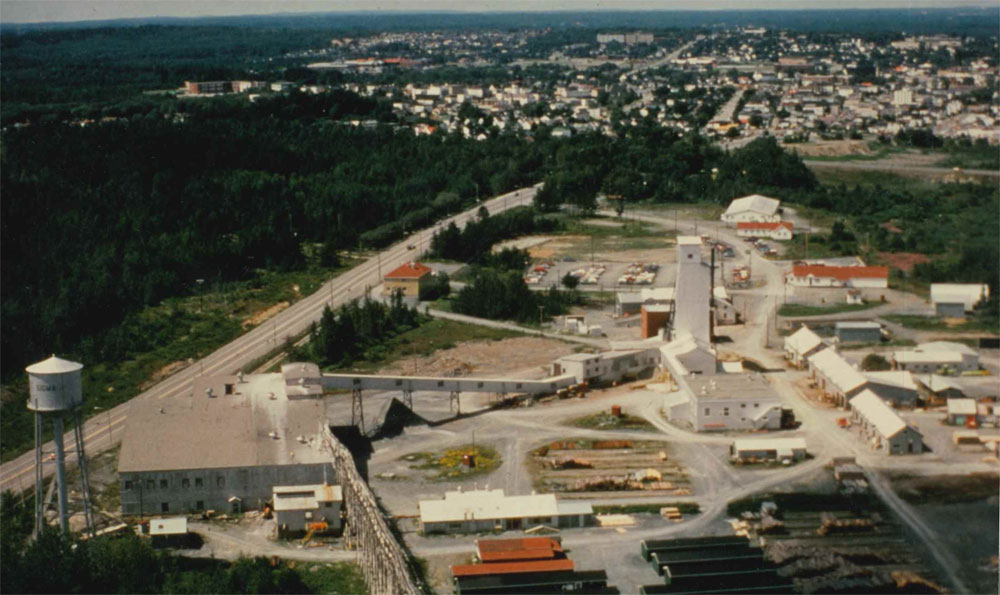
With the birth of the Digital Age, certain business practices that have long thought to be sacrosanct are coming to be challenged - often with very positive results. Whereas the old paradigm involved centralized corporations guarding their data as jealously as their holdings, the new paradigm is one where information is being openly shared and breakthroughs incentivized.
It is this thinking that has led the Integra Gold Corp to launch the Integra Gold Rush Challenge (IGRC), an incentive competition that will award $1 million CAD in prizes to anyone who can crunch 75 years' worth of mining data to locate gold deposits in Val-d'Or Quebec. For decades, this region - whose name literally means "Valley of Gold" in French - has been idle. But through the power of crowdsourcing and incentives, Integra hopes to turn that around.
Sounds unconventional doesn't it? But as it turns out, this attempt to crowdsource the search for gold is similar to the Goldcorp Challenge, an incentive competition that took place in 2000. At the time, Goldcorp - a Vancouver-based mining firm - was faced with a gold mine in the province of Ontario (Red Lake) that was underperforming. While the company's geologists were certain that the main deposit of gold lay deeper underground, they were not sure where to look.
Inspired by an MIT conference he attended in 1999 - where the story of how Linus Torvalds used the Internet as a collaborative resource to build the Linux software operating system - McEwen decided some fresh thinking was in order. Therefore, he chose to make his company's geological data available to the public so that outside experts could help. In time, this yielded a 3-D map with powerful computer graphics that located multiple deposits worth over $6 billion.

The IGRC is offering $1 million CAD in prizes to anyone that can help create another gold rush in Val-d'Or, Quebec (pictured here)
In a similar vein, Integra hopes to revitalize the Lamaque and Sigma mines that sit adjacent to the town of Val-D'Or, Quebec. Located on the eastern tip of the "Abitibi Gold Belt", these mines were opened in the 1930s and were the lifeblood of the local economy for five decades. Unfortunately, labor disputes and a low international gold standard led to the mines being closed in 1985, and they have remained idle ever since.
In 2014, Integra purchased the land, permits and infrastructure to the Lamaque and Sigma mines and brought them back online. In addition, the company bought the roughly 6 terabytes worth of historic mining data that had been accumulated over the course of 75 years. Given the qualities of the exploration that has already occurred, they suspect that there are considerable deposits of ore at greater depths, just waiting to be found.
In short, Integra is looking for people to help them crunch 75 years' worth of data to determine the exact locations of these untapped deposits. By making this information public and offering incentives for innovative solutions, they are once again turning an industry that has historically been based on secrecy and guardedness into one where collaboration and sharing leads to postive results.
The challenge is open to anyone, with prizes totalling $1 million CAD for those who can help Integra make the "Valley of Gold" once again live up its name.
Are you an expert in mining, geology, prospecting, data mining or just have ideas on how this challenge could be won? Go to the Integra Gold Rush Challenge page and register for a chance to win up to $1 million CAD in prizes!








